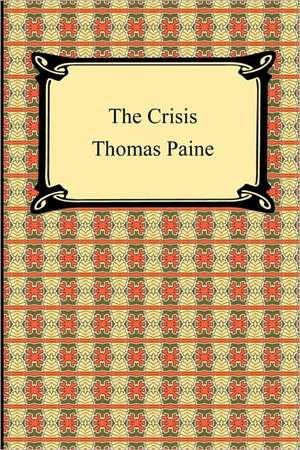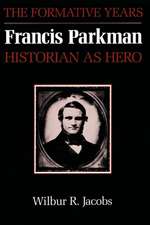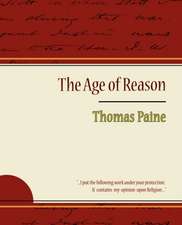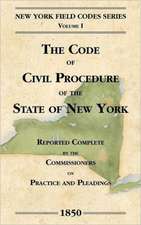The Crisis
Autor Thomas Paineen Limba Engleză Paperback – 31 dec 2009
| Toate formatele și edițiile | Preț | Express |
|---|---|---|
| Paperback (4) | 89.25 lei 22-36 zile | |
| Prometheus Books – 31 aug 2008 | 89.25 lei 22-36 zile | |
| GALE ECCO SABIN AMERICANA – feb 2012 | 134.33 lei 22-36 zile | |
| Digireads.com – 31 dec 2009 | 93.21 lei 38-44 zile | |
| Kessinger Publishing – 21 noi 2009 | 146.32 lei 38-44 zile |
Preț: 93.21 lei
Nou
Puncte Express: 140
Preț estimativ în valută:
17.84€ • 18.67$ • 14.76£
17.84€ • 18.67$ • 14.76£
Carte tipărită la comandă
Livrare economică 02-08 aprilie
Preluare comenzi: 021 569.72.76
Specificații
ISBN-13: 9781420934564
ISBN-10: 1420934562
Pagini: 122
Dimensiuni: 152 x 229 x 7 mm
Greutate: 0.19 kg
Editura: Digireads.com
ISBN-10: 1420934562
Pagini: 122
Dimensiuni: 152 x 229 x 7 mm
Greutate: 0.19 kg
Editura: Digireads.com
Notă biografică
Thomas Paine (February 9, 1737 - June 8, 1809) was an English-born American political activist, philosopher, political theorist, and revolutionary. He authored the two most influential pamphlets at the start of the American Revolution and inspired the patriots in 1776 to declare independence from Great Britain. His ideas reflected Enlightenment-era ideals of transnational human rights.
Born in Thetford in the English county of Norfolk, Paine migrated to the British American colonies in 1774 with the help of Benjamin Franklin, arriving just in time to participate in the American Revolution. Virtually every rebel read (or listened to a reading of) his powerful pamphlet Common Sense (1776), which crystallized the rebellious demand for independence from Great Britain. Common Sense was so influential that John Adams said: "Without the pen of the author of Common Sense, the sword of Washington would have been raised in vain". Paine lived in France for most of the 1790s, becoming deeply involved in the French Revolution.
The British government, worried by the possibility that the French Revolution might spread to England, had begun suppressing works that espoused radical philosophies. Paine's work, which advocated the right of the people to overthrow their government, was duly targeted, with a writ for his arrest issued in early 1792. Paine fled to France in September where, despite not being able to speak French, he was quickly elected to the French National Convention. The Girondists regarded him as an ally. Consequently, the Montagnards, especially Maximilien Robespierre, regarded him as an enemy.
In December 1793, he was arrested and was taken to Luxembourg Prison in Paris. While in prison, he continued to work on The Age of Reason (1793-1794). James Monroe, a future President of the United States, used his diplomatic connections to get Paine released in November 1794. In 1802, he returned to the U.S. where he died on June 8, 1809.














